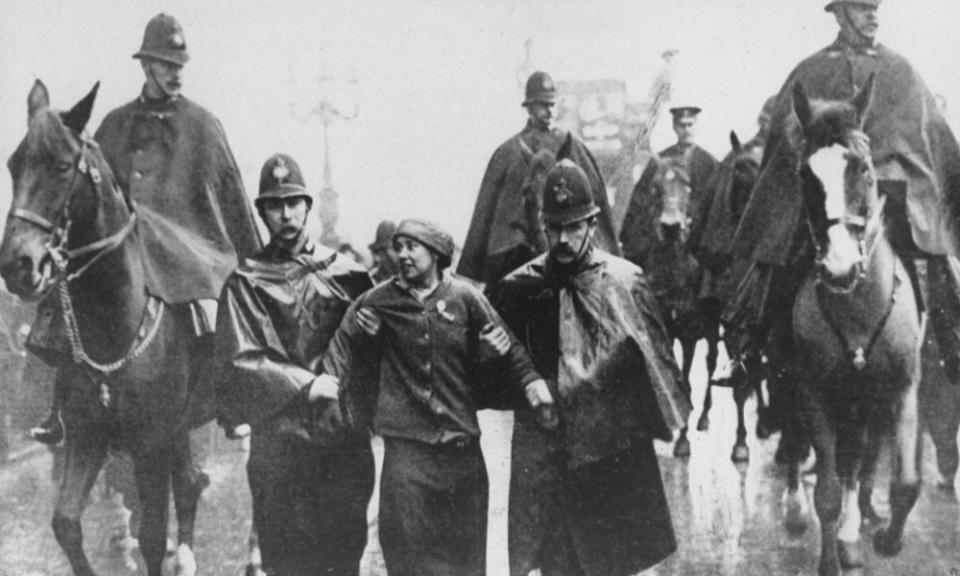Carry On Coronavirus: why a vaccine trial has saucy potential

Love in a cold climate
The news that the government is to fund “human challenge studies” into Covid-19, in which young, healthy volunteers will be infected with the safest possible dose and paid to be quarantined to test the efficacy of vaccines, was a reminder that this country has a unique history in such trials.
The Common Cold Unit in Salisbury was set up just after the war at a former Red Cross hospital. By the time it closed in 1990, 20,000 people had taken up its offer to be dosed with cold and flu viruses and monitored for reactions. The camps were advertised as vacations: “How would you like a cheap and comfortable holiday, everything free and no expense, and even 35p a day pocket money?” one typical advert ran in 1974. “It’s true there’s a risk of catching a cold – but in a very good cause!” Much of what is known of the way coronaviruses are transmitted is a direct result of the unit’s scientific work. David Tyrrell, who ran it for 30 years, identified more than 100 strains of the common cold virus, which had been thought to be a single type of infection. Though a cure was never found, there were occasional beneficial side effects for those involved.
Information given to new arrivals seemed keen to play up the Carry On potential, advising that “chatting up other volunteers in a different flat can only be by telephone or at a very long range outside”. Despite these restrictions, romances apparently blossomed; at least one viral couple returned to the cold clinic for their honeymoon.
Roll of honour
In the new British Library exhibition devoted to feminist protest, even the three-foot-long, sequin-encrusted tampon created by the artist Sam Dawood for the charity Bloody Good Period is upstaged by the prison poems of Sylvia Pankhurst.
For nearly a century, it has remained a mystery how the suffragette managed to write a volume of poems and a five-act play in solitary confinement in Holloway with only a single slate and a piece of chalk.
That mystery has been solved by her biographer, Rachel Holmes, who has catalogued and collated hundreds of perforated sheets of lavatory paper on which Pankhurst wrote with a blunted pencil. The sheets were hidden in the underwear of her prison uniform and passed to other prisoners on release.
Subsequently, the papers, bundled in envelopes, travelled with Pankhurst to her final home in Ethiopia, before being archived by the British Library among a cache of her correspondence. Their preserved presence in the exhibition, Unfinished Business: The Fight for Women’s Rights, is not only testament to the extraordinary spirit and fortitude of the suffragette, but also to the disturbing resilience of rough, beige, HM prison-issue loo roll.
Bard of Salford
It may have been watching the political stand-off in Manchester, or the fact that I’d just booked optimistic tickets for the London leg of his tour next spring, but over the past week I’ve had some lines from John Cooper Clarke knocking around persistently in my head. It’s the refrain from his epic meditation on mortality that goes: “Things are going to get worse, nurse, things are going to get rotten…” Delivered with full Manc relish, I’ve found that the lines seem cheerfully suited to almost any current situation.
Every cloud
Overheard in a pub garden on Tuesday with Storm Barbara gathering: “In the circumstances, you’d think Rishi Sunak could stump up for some fookin’ gazebos…”

 Yahoo Finance
Yahoo Finance 